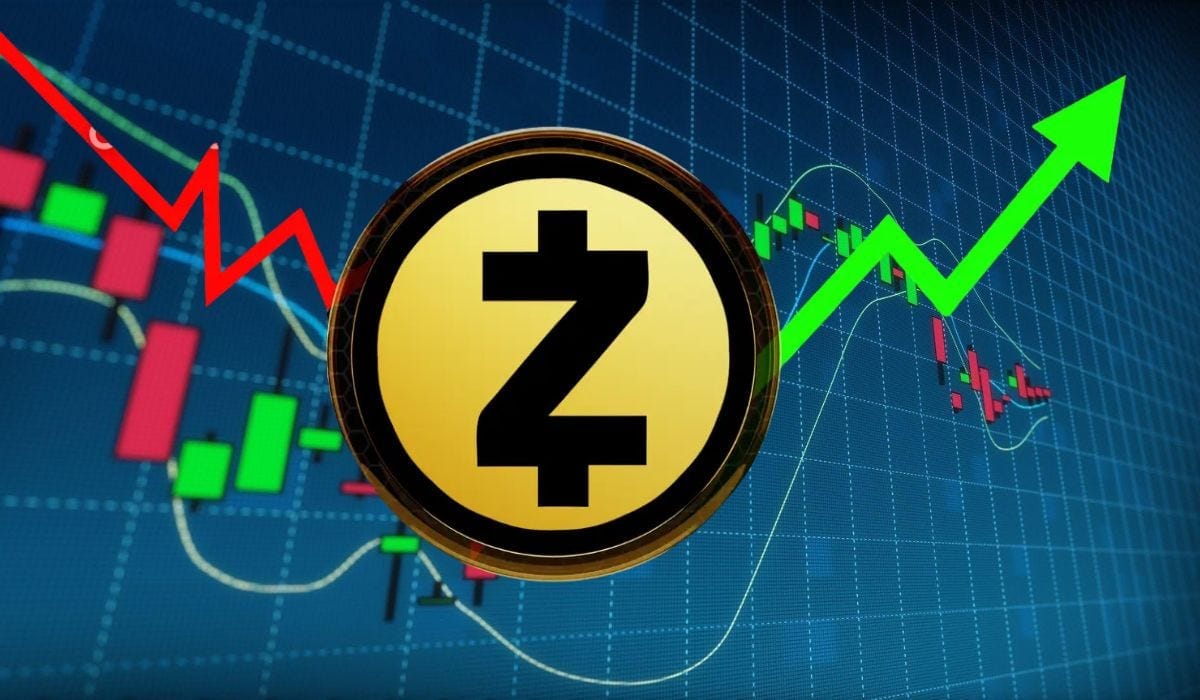Zcash Surges to Multi-Year High on Privacy Demand

Zcash experienced a sharp price increase on Friday, reaching a peak of $734.12 before pulling back to $638 by late in the day. This movement marked a 262% gain over the past 30 days, building on a 20% rise from the previous day when it traded at $536. The cryptocurrency’s rapid ascent has drawn attention from traders and investors, highlighting renewed interest in privacy-oriented digital assets.
The volatility triggered significant liquidations across Zcash positions, totaling more than $59 million according to data from CoinGlass. These figures placed Zcash third among cryptocurrencies for liquidation volume on the day, trailing only Bitcoin at $150 million and Ethereum at $146 million. Such events underscore the high stakes involved in leveraged trading during periods of swift market shifts.
Stay In The Loop and Never Miss Important Crypto News
Sign up and be the first to know when we publishDrivers Behind the Zcash Momentum
Zcash has maintained a steady upward trajectory for more than a month, transforming from a relatively quiet asset into a standout performer. For over three years, its price lingered around $40, but starting in early October, it began a consistent climb that has now multiplied its value in just five weeks. Friday’s high represented the loftiest level since January 2018, though it still falls short of the all-time peak of $4,293 achieved in October 2016.
This resurgence aligns with broader concerns over privacy in the cryptocurrency space, particularly as Bitcoin faces increased scrutiny from corporations and regulators. Analysts point to these tensions as a key factor fueling Zcash’s appeal, given its design to shield transaction details from public view. The token’s total market value now stands just under $11 billion, positioning it as the leading privacy-focused cryptocurrency by size.
At its core, Zcash operates on a foundation forked from Bitcoin’s codebase in 2016, incorporating zero-knowledge proofs to enable optional anonymity. Users can choose shielded transactions that obscure sender, receiver, and amount information while preserving the network’s integrity through cryptographic verification. This technology sets Zcash apart in an ecosystem where transparency often clashes with the desire for financial discretion.
Recent developments in the regulatory landscape may have amplified Friday’s price action. A high-profile trial in the United States concluded this week with federal prosecutors seeking the maximum five-year prison term for Keonne Rodriguez and William Hill, creators of the Samourai Wallet. The developers admitted guilt to charges of conspiring to run an unlicensed money transmitter, raising questions about the legal boundaries of privacy tools in crypto.
The case has sparked discussions within the community about the future of software that prioritizes user anonymity. While Zcash itself has not faced similar direct challenges, the outcome serves as a reminder of the evolving oversight on privacy innovations. Developers and advocates argue that such tools remain essential for protecting individual rights in a digital age marked by data collection.
Beyond Zcash, other privacy coins have shown notable strength in recent months. Monero has advanced 32% over the last 90 days, reflecting steady demand for its ring-signature anonymity features. Dash, known for its InstantSend and PrivateSend capabilities, has posted a 325% increase in the same period, appealing to users seeking faster private transactions.
Zano, a lesser-known entrant, has climbed 28% in 90 days, leveraging its hybrid proof-of-work and proof-of-stake model for enhanced privacy. These gains suggest a collective shift toward assets that address surveillance risks in mainstream cryptocurrencies. As institutional adoption grows for Bitcoin and Ethereum, privacy alternatives like these continue to carve out a distinct niche.
Looking at Zcash’s trajectory, its fixed supply of 21 million coins mirrors Bitcoin’s scarcity model, which could support long-term value if adoption expands. The Electric Coin Company, Zcash’s primary steward, has invested in ecosystem growth through grants and research into upgrades like Halo, which aims to reduce proof sizes for better scalability. Community governance via the ZIP process allows token holders to influence protocol changes, fostering a sense of ownership.

